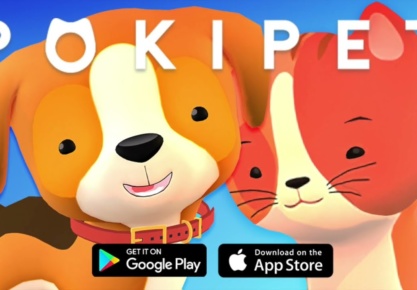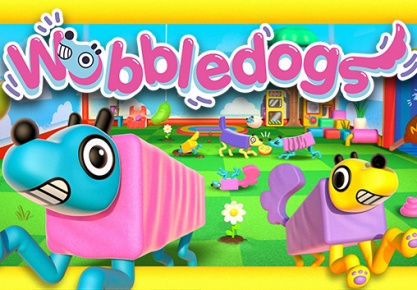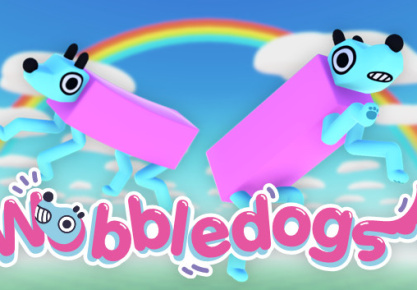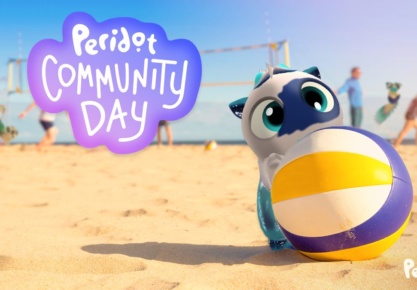Windup Minds raised $1.6 million in pre-seed funding for a VR and mixed-reality game studio.
This Seattle and Los Angeles company makes VR/MR games. Using the latest understanding of animal cognition and emergent gameplay, Windup Minds aims to redefine the way players interact with virtual creatures by using a team of industry veterans from Oculus, Electronic Arts, Magic Leap, and Bungie. Windup Minds is out to prove that virtual creatures can be just as much fun as real ones.
In an interview with GamesBeat, Bernard Yee, CEO of Windup Minds, said the idea is to bring back some of the joy associated with virtual pet games like Nintendogs. The studio makes your virtual companion feel real with the latest understanding of animal cognition, simulation, and emergent gameplay.
Through artificial intelligence, the studio can create a virtual pet that behaves and responds as if it were a real animal. The game also uses simulated environments and emergent gameplay to make the experience more immersive and realistic.
There’s something deeply comforting about such games. Through virtual reality, you can take them out to do fun stuff, like hiking or agility runs. It helps build a bond between you and your pet. Like Nintendogs and Tamagotchis, Yee thinks virtual pets will be a big hit.
In addition, Yee said the company would focus on good animation, like realistic fur. However, it won’t be all about improving pet simulation tech. Yee also believes that the most essential part of the game will be fostering that bond between the user and their pet by using interactive elements like voice commands, treats, and rewards.
One prototype lets you feed a creature and take away its food bowl after it’s done. Whenever the creature is hungry again, it should go to that spot and look at you. Such technology aims to make pets feel real.
Yee says that the team plans on using generative AI, like machine learning. That’s more like a reinforcement learning system, where what you put into the system determines what it does. He said it was almost like a trial-and-error system.
“That’s how real creatures learn,” he said. “But some of the large language model generative AI work is potentially very useful.”
Yee said the company might make a mobile app version of the sim.



